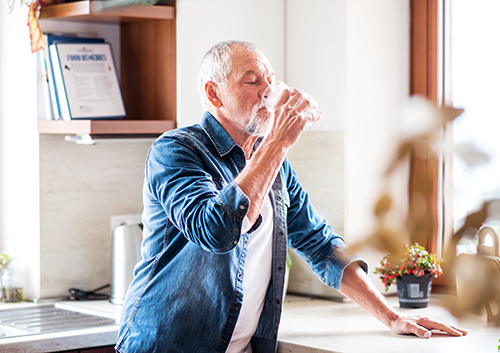Smile! It’s Time for Arts & Crafts!
August 15th, 2024

If you have a child who loves arts and crafts, try some of these creative projects with a dental twist. One of these activities is sure to give your child something to smile about!
Toothbrush Art
Why throw away that used toothbrush when you can help your young child make art with it? Give it one more cleaning and a second life. The easy-to-grip handle and the wide bristles make a toothbrush easy for young hands to hold and paint with. If you are in an adventurous mood, use the brush to make splatter art. Your child can splatter an entire sheet of paper for an abstract effect, make a sky full of stars with a flick of the brush, or add splatter leaves to a tree scene. Cut out a stencil with a favorite shape (an animal, a flower, a toy), place it on a sheet of paper, splatter around it, remove the cutout, and—instant silhouette!
Paper Crafts
If your child is an origami enthusiast, there are some challenging dental-themed examples available online. These might be too advanced for beginners, but more experienced origami fans can make molars with roots and even molars lined with pink paper to symbolize the interior pulp. Younger paper artists might enjoy making construction paper models of an actual tooth, with white enamel, yellow dentin, and pink pulp layered in their proper order.
Sculpting Fun
For the scientifically minded young artist, clay can be used to make a 3D model of a tooth, with different colored clays representing the different layers of the tooth. Younger children learning about their teeth might enjoy fitting little white clay teeth into a pink clay crescent to show how baby (or adult) teeth fit into the gums. And for non-dental inspiration, old, clean toothbrushes can once again help out if your child likes sculpting art work with modeling clay. Add interesting texture by using the brush bristles on damp clay to create grooves, lines, or indentations.
Welcome the Tooth Fairy
If the Tooth Fairy is a regular visitor, make her welcome with a box decorated with paint or fabric to hold that special baby tooth. Or craft a pouch or a bag with fabrics scraps, and add a fabric tooth so that the Tooth Fairy will know she has come to the right spot. If you use felt and fabric glue, no sewing necessary! If your Tooth Fairy is an under-the-pillow traditionalist, decorate an envelope with a letter to the Tooth Fairy inside.
If some of these projects sound just right for your child, check out online craft sites for even more ideas. And, please be sure to have your children show and tell the next time they visit our Raleigh, NC office. That will put a smile on our faces!



